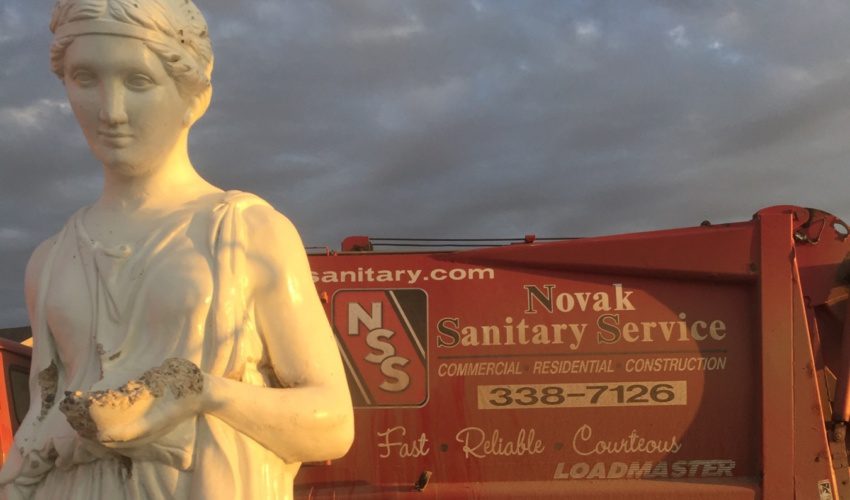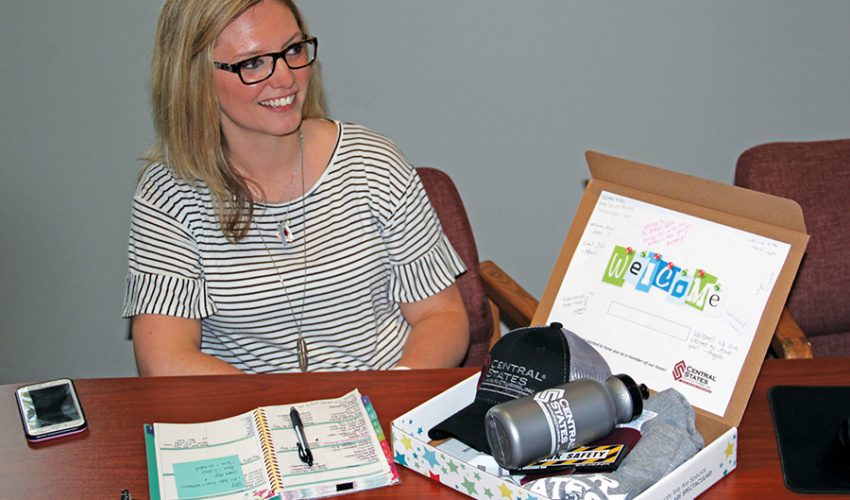Facing threats of addiction, at work and at home
Jan. 11, 2019
This paid piece is sponsored by Avera.
The complex disease of alcohol or drug addiction not only affects the person facing it but also families and workplaces.
With a better understanding of alcohol and drug use, family members as well as employers can see these behaviors as part of a disease process not just a bad habit.
“These problems make their way into workplaces, and the impacts are severe,” said Malia Holbeck, outpatient manager with Avera’s addiction recovery program. Examples include impairment in decision-making, accidents or other safety concerns, impaired teamwork, high turnover, absenteeism and more. According to estimates, drug use alone costs the nation more than $121 billion each year, much of that because of lost productivity.
“Addiction is more widespread than some will acknowledge, and a 2016 survey with U.S. companies reported that prevalence of alcohol abuse was nearly 50 percent, with prescription and recreational drug use affecting nearly one-third of workplaces who responded,” Holbeck said. “Like many diseases, education can go a long way toward helping everyone – patients, their employers and their support system or family. Assessment and treatment can be effective.”
Businesses that offer work-based initiatives such as Employee Assistance Programs not only provide employees facing addiction with resources but also can help all employees understand the warning signs.
“Recovery is difficult, and the social nature of alcohol abuse can make it especially challenging. In some businesses and workplaces, the bonding process of teams may include expectations of drinking,” Holbeck said. “As professionals, we realize we cannot change people, but we can find methods to motivate them to seek positive changes.”
Warning signs
Addiction is among the most difficult diseases to treat. In 60 percent to 80 percent of cases, mental health and the abuse of alcohol or drugs are intertwined.
“People struggling with addiction may also face depression, anxiety or other behavioral health conditions,” Holbeck said. “Employers may notice a decline in productivity or a change in behavior.”
These warning signs may indicate that a person has gone from safe, social drinking to something more serious:
- Efforts to hide use of alcohol or drugs or an inability to limit use.
- Grows angry or disagreeable when not using.
- Increases in absenteeism and declines in productivity.
- Withdrawal and denial of problems, even when obvious.
“Much like any other illness, no two patients facing addiction are the same,” Holbeck said. “One may have trouble remembering things or stop contributing in the ways they used to on their team. Others may call in sick more often or have new physical or psychological problems.”
Addicts who stop drinking or using drugs may exhibit traits such as anxiety and depression or show signs such as fever or sweating. Negative work behaviors also may crop up.
“When we work with employers, they remind us of the costs that go with recruiting and hiring new employees. These businesses realize they did not cause the addiction but want to help address the problem,” she said. “Employers can help by providing EAP and hosting educational programs like lunch-and-learn-style events that can inform all workers of addiction and its risks.”
While employers and families can offer their support, overcoming the disease of addiction may require professional treatment, Holbeck said. Avera offers an outpatient addiction recovery program with several levels of care, including intensive outpatient care; early intervention, relapse prevention and pain management groups, counseling and other programs.
“Addiction is as serious as cancer, heart disease or diabetes, but we’re encouraged by employers and businesses to address it head-on.”








